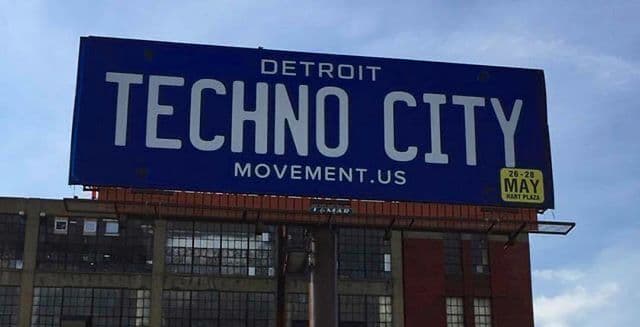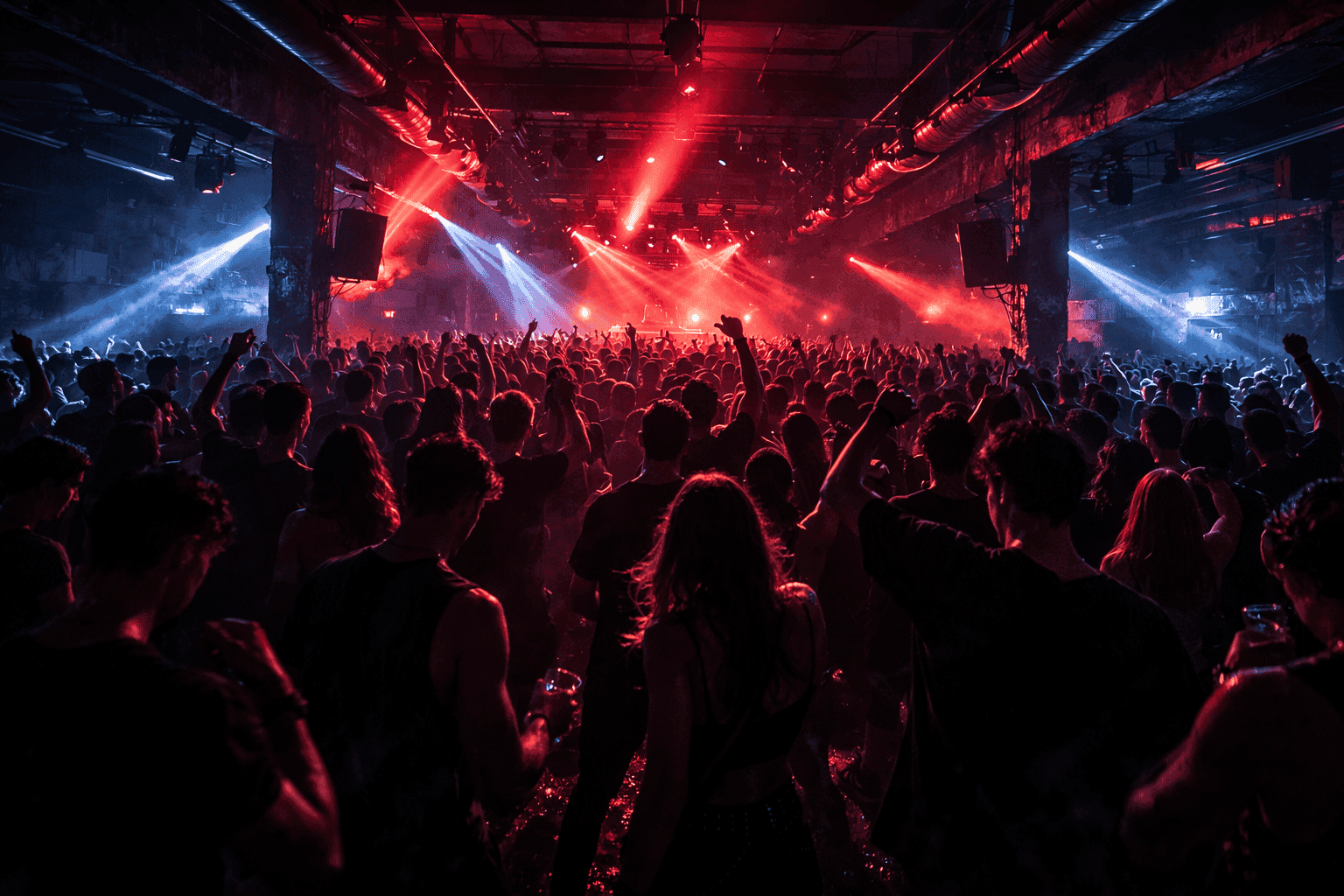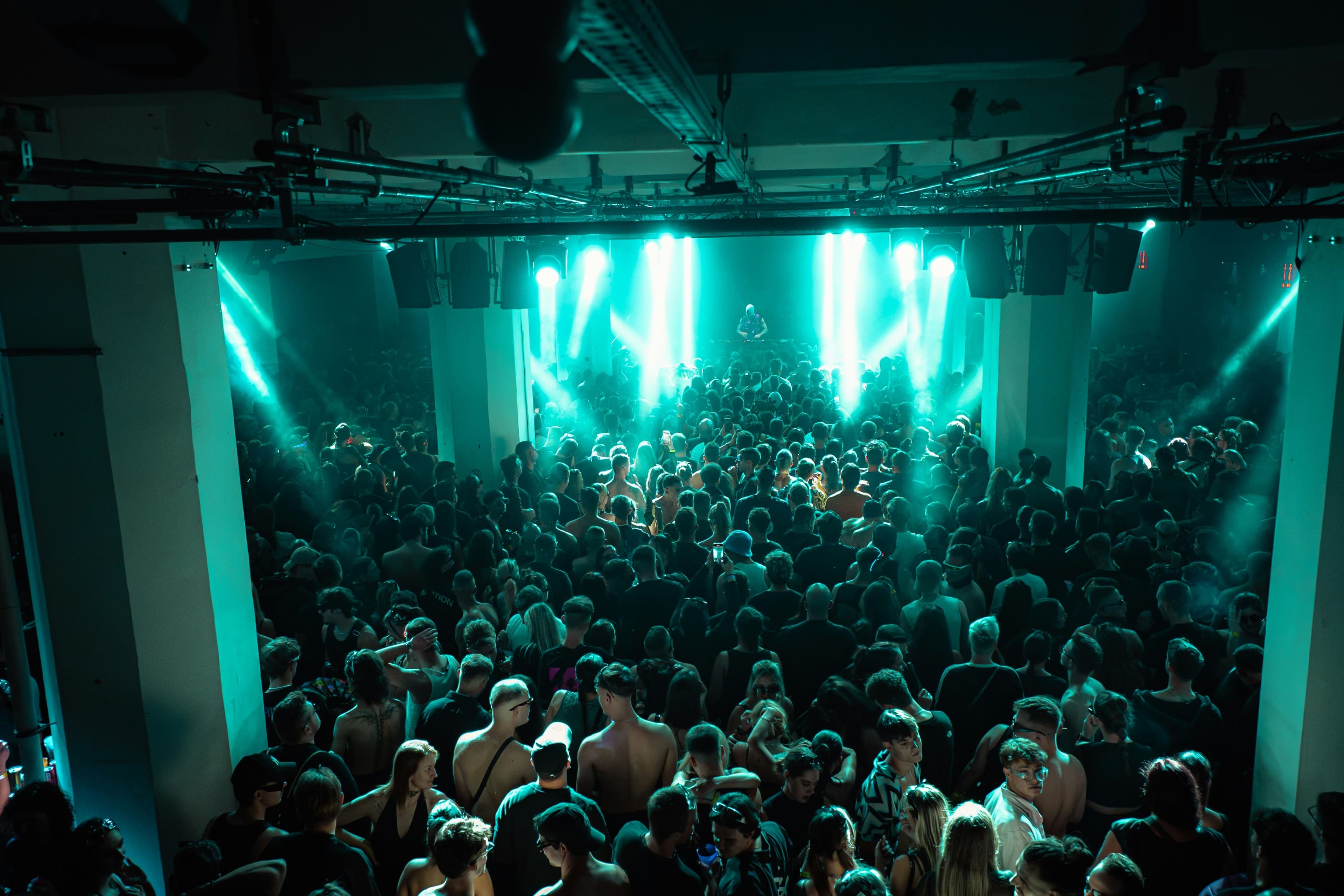What is Techno?
At its core, techno is a genre of electronic dance music (EDM) that’s all about driving rhythms, synthesized sounds, and repetitive beats designed to create a hypnotic, immersive experience on the dance floor. Originating in Detroit in the 1980s, techno blends futuristic sounds with an industrial edge, built on the relentless pulse of a four-on-the-floor beat. It’s music for the night, designed for warehouse parties, underground raves, and massive festivals alike.
Unlike other EDM genres like house or trance, techno is known for its minimalist approach. It focuses on rhythm and texture over melody and vocals, creating a unique soundscape that’s both intense and trance-inducing. Over the years, techno has evolved into various subgenres, from the raw sounds of industrial techno to the sleek, minimal beats of Berlin techno. No matter the form, techno’s mission remains the same: to make you lose yourself in the beat.
Techno: The Beat That Never Sleeps
Techno isn’t just a genre; it’s a movement, a vibe, and a whole world hidden behind pounding basslines and flashing lights. If you’ve ever found yourself lost in a sea of people at 4 a.m., with nothing but the driving rhythm to guide you, you already know: techno has its own magic. This isn’t music for the casual listener, it's for those who want to feel the music pulse through their veins.
Let’s dive into the hypnotic world of techno, from its roots in Detroit’s motor city to its electric takeover of European clubs and the global scene. Buckle up; it’s going to be a wild ride.
From Detroit With Love: The Birth of Techno
Welcome to Detroit in the 1980s, an industrial wasteland by day, but something entirely different by night. It was here that three friends, Juan Atkins, Derrick May, and Kevin Saunderson, decided to cook up a new sound. The "Belleville Three" (as they’d come to be known) were tired of the same old funk and disco records spinning at parties. Inspired by the futuristic, robotic sounds of Kraftwerk and the raw soul of Chicago house, they created something colder, harder, and different.
What did they call this new sound? Techno.
Essentially, techno is all about the relationship between man and machine. It’s synthetic, it’s precise, and it doesn’t need flashy vocals or radio-friendly hooks. Techno is the pure, undiluted essence of rhythm, a beat so infectious that you can’t help but move. And if you ask Juan Atkins, techno’s father, it’s a soundtrack for the future.
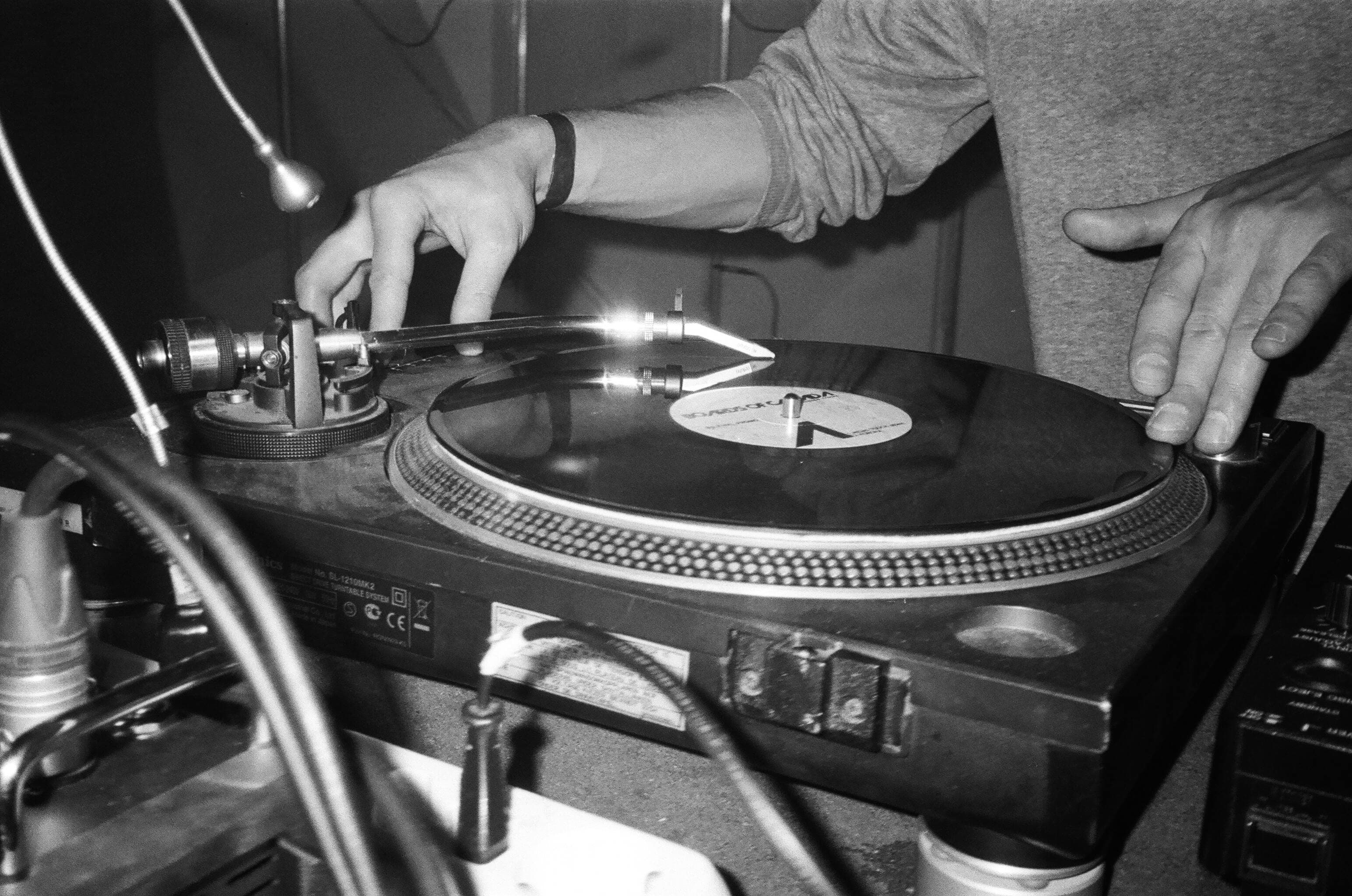
Europe’s Underground Party: Techno Takes Flight
Detroit may have given birth to techno, but it wasn’t long before Europe said, “We’ll take that, thanks!”.
Fast forward to the late 1980s, where techno’s spaceship landed in Berlin, a city that was just starting to rebuild itself after the fall of the Wall. The timing was perfect. People were ready for something new, rebellious, and free.
What better setting than Berlin’s abandoned factories and warehouses? These cold, dark spaces turned into techno temples, where the music took center stage, and the rest of the world faded away. Clubs like Tresor became legendary, and Berlin quickly earned its crown as the global capital of techno.
Fun fact: Berlin techno doesn’t mess around. It’s raw, stripped-down, and heavy. There’s no room for fluff. It’s just you, the beat, and that sweet, sweet bass.
But it wasn’t just Berlin. Across Europe, techno became the new soundtrack for rebellion and freedom. In the UK, techno exploded into the rave scene, where thousands gathered in secret fields and warehouses to dance until the sun came up. It was less about the glam and all about the authenticity. Ravers didn’t care about appearances. They just wanted to feel the music.
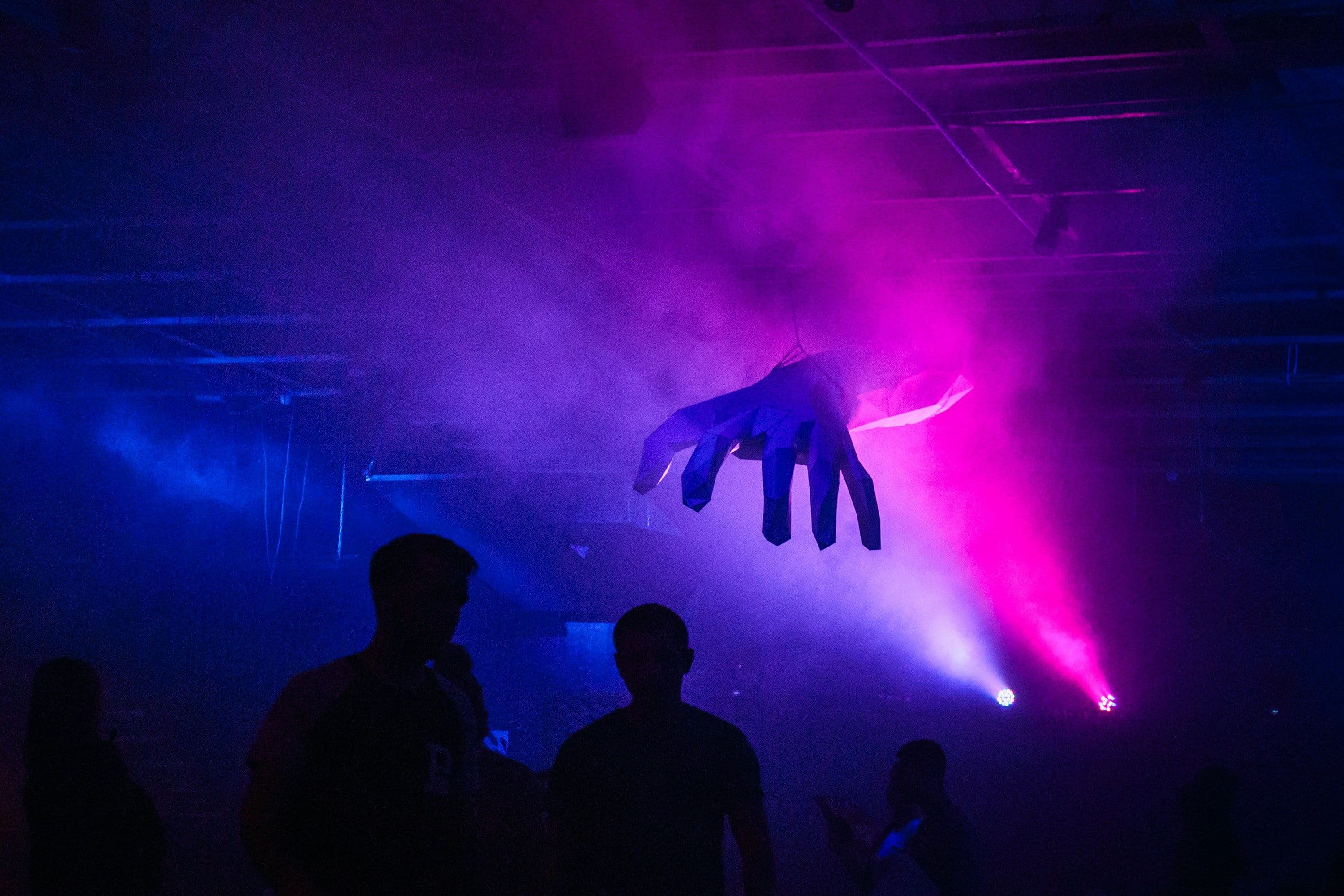
The Anatomy of Techno: It’s All About the Beat
So, what makes techno, well, techno? If you strip it down to its bones, techno is all about simplicity. At the heart of almost every track is the four-on-the-floor beat, a steady, hypnotic pulse that doesn’t let up. It’s designed to be repetitive because, guess what? Repetition is what gets you in the zone. After a while, your mind starts to wander, and you’re no longer thinking about the beat. You’re feeling it.
Unlike house music, which has its roots in soul and funk, techno has a colder, more industrial sound. Think metallic synths, pounding drum machines, and minimal melodies. The best part? No vocals are necessary. This isn’t about a catchy chorus. Techno is a journey, not a singalong.
The Techno Titans: DJs Who Run the Scene
Now, if you’re new to techno, you might be wondering, “Who are the big names I need to know?” Oh, trust me, there are legends in this game. Let’s start with the pioneers:
Jeff Mills - This Detroit native is a master of minimalism and precision. His tracks are tight, calculated, and absolutely relentless. He’s often referred to as The Wizard, and for good reason. Jeff’s DJ sets are legendary - he’s known to keep the crowd locked in for hours
Richie Hawtin - Known for his boundary-pushing take on minimal techno, Richie brought techno into the 21st century with his Plastikman project. If there’s anyone who can make stripped-back techno sound futuristic, it’s him.
Carl Cox - The king of energy! Carl Cox is a master of fusing house and techno, delivering DJ sets that bring the heat. He’s been in the game for decades and is still headlining the biggest festivals.
For today’s stars, keep an eye on Amelie Lens, Charlotte de Witte, and Klangkuenstler. They’re keeping the techno torch burning bright, smashing stages worldwide and drawing huge crowds, all while staying true to the underground vibe.
Techno Culture: More Than Just a Genre
Sure, techno is music, but it’s also a lifestyle. People who are into techno are really into it. This is more than just a night out; it’s about freedom. On the dance floor, it doesn’t matter who you are, where you come from, or what you do for a living. The only thing that matters is the beat. And maybe the outfit (Berlin’s all-black dress code is still a thing, after all).
Techno has always been tied to rebellion. In its early days, it was an act of resistance against mainstream pop culture, and that spirit hasn’t gone away. In Berlin’s clubs, cameras are banned to keep things intimate and in the moment. It’s all about being present. No phones, no distractions, just you and the music.
The Future of Techno: Still Underground, Still Unstoppable
Despite its global takeover, techno hasn’t lost its underground soul. Festivals like Awakenings, Time Warp, and Movement Detroit draw thousands of techno-heads each year, but you can still find the genre thriving in dark, sweaty clubs and hidden basement parties. And while the music may evolve by blending new sounds, new tech, and new influences, the heart of techno remains the same: the beat goes on.
So, what’s the secret to techno’s staying power? It’s simple. Techno is about freedom, connection, and that primal desire to lose yourself in the music. As long as people need an escape from the grind of everyday life, techno will always have a place.
Ready to Rave?
Whether you’re a long-time techno head or just getting into the underground scene, one thing is certain: techno is here to stay. So next time you find yourself in a club with the bass pounding in your chest, close your eyes, let the rhythm take over, and dance like nobody’s watching. Because in the world of techno, it’s just you and the music.
Looking for your next party?
Check out the latest events on Techno Music World.
